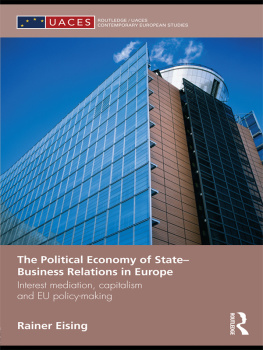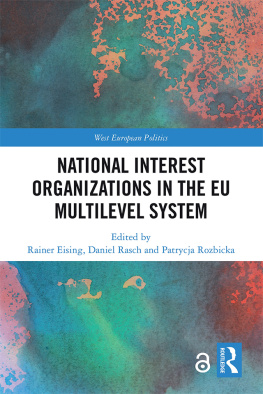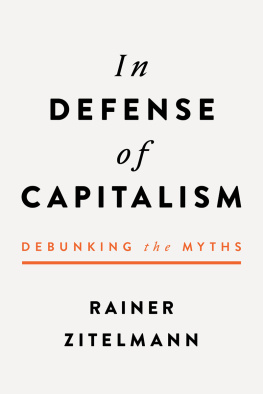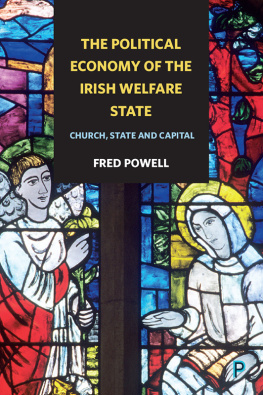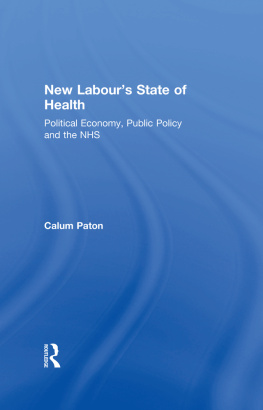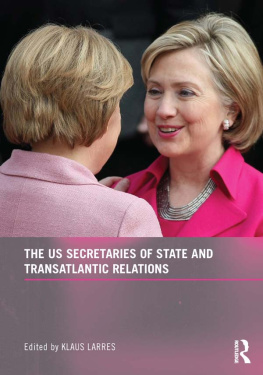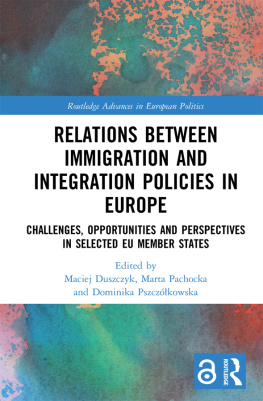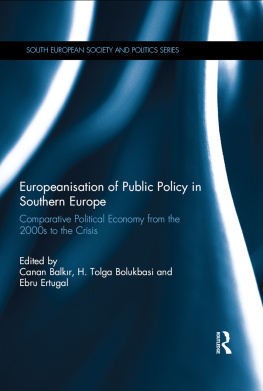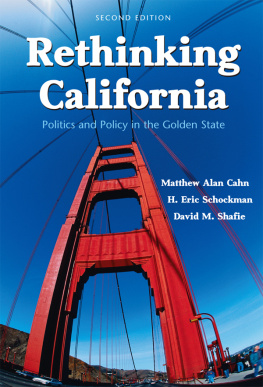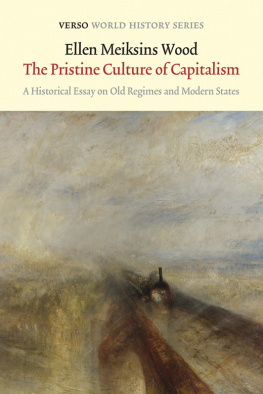The Political Economy of StateBusiness Relations in Europe
The delegation of policy-competencies to the European Union has changed the context in which national actors form their interests and represent them. Shaping European markets and societies, EU regulation has important effects in the member states. This book analyses how business interest organizations respond to this challenge and what strategies they develop to cope with European integration. Starting from the idea that institutional contexts, resource dependencies and organizational characteristics explain, to a considerable degree, how interest groups adapt to EU policy-making, this study delivers important insights into EU governance. The empirical analysis draws on a comprehensive data set of German, British, French and EU business associations and large firms. Divided into three parts, it moves from the study of domestic contexts to the analysis of multilevel governance in the EU before finally scrutinizing in greater detail the factors that shape the access of interest groups to the EU institutions.
Making an important contribution to the development of institutional and organizational accounts of interest groups in the European Union, this book will be of interest to political scientists, economists and sociologists working in the areas of European integration, comparative European politics, political economy, interest groups and civil society.
Rainer Eising is Professor of Comparative Politics at the Ruhr-University Bochum, Germany. He has published widely on EU policy-making, interest intermediation and European governance including most recently The Politics of Interests in Europe: Lessons from EU Studies and Comparative Politics and The Transformation of Governance in the European Union (also published by Routledge).
Routledge / UACES Contemporary European Studies
Edited by Tanja Brzel, Free University of Berlin, Michelle Cini, University of Bristol and Roger Scully, University of Wales, Aberystwyth, on behalf of the University Association for Contemporary European Studies.
Editorial Board: Grainne De Brca, European University Institute and Columbia University; Andreas Fllesdal, Norwegian Centre for Human Rights, University of Oslo; Peter Holmes, University of Sussex; Liesbet Hooghe, University of North Carolina at Chapel Hill and Vrije Universiteit Amsterdam; David Phinnemore, Queens University Belfast; Mark Pollack, Temple University; Ben Rosamond, University of Warwick; Vivien Ann Schmidt, University of Boston; Jo Shaw, University of Edinburgh; Mike Smith, University of Loughborough and Loukas Tsoukalis, ELIAMEP, University of Athens and European University Institute.
The primary objective of the new Contemporary European Studies series is to provide a research outlet for scholars of European Studies from all disciplines. The series publishes important scholarly works and aims to forge for itself an international reputation.
- The EU and Conflict Resolution
Promoting peace in the backyard
Nathalie Tocci
- Central Banking Governance in the European Union
A comparative analysis
Lucia Quaglia
- New Security Issues in Northern Europe
The Nordic and Baltic states and the ESDP
Edited by Clive Archer
- The European Union and International Development
The politics of foreign aid
Maurizio Carbone
- The End of European Integration
Anti-Europeanism examined
Paul Taylor
- The European Union and the Asia-Pacific
Media, public and elite perceptions of the EU
Edited by Natalia Chaban and Martin Holland
- The History of the European Union
Origins of a trans- and supranational polity 195072
Edited by Wolfram Kaiser, Brigitte Leucht and Morten Rasmussen
- International Actors, Democratization and the Rule of Law
Anchoring democracy?
Edited by Amichai Magen and Leonardo Morlino
- Minority Nationalist Parties and European Integration
A comparative study
Anwen Elias
- European Union Intergovernmental Conferences
Domestic preference formation, transgovernmental networks and the dynamics of compromise
Paul W. Thurner and Franz Urban Pappi
- The Political Economy of StateBusiness Relations in Europe
Interest mediation, capitalism and EU policy-making
Rainer Eising
The Political Economy of StateBusiness Relations in Europe
Interest mediation, capitalism and EU policy-making
Rainer Eising
First published 2009
by Routledge
2 Park Square, Milton Park, Abingdon, Oxon OX14 4RN
Simultaneously published in the USA and Canada
by Routledge
270 Madison Ave, New York, NY 10016
Routledge is an imprint of the Taylor & Francis Group, an informa business
This edition published in the Taylor & Francis e-Library, 2009.
To purchase your own copy of this or any of Taylor & Francis or Routledges collection of thousands of eBooks please go to www.eBookstore.tandf.co.uk.
2009 Rainer Eising
All rights reserved. No part of this book may be reprinted or reproduced or utilized in any form or by any electronic, mechanical, or other means, now known or hereafter invented, including photocopying and recording, or in any information storage or retrieval system, without permission in writing from the publishers.
British Library Cataloguing in Publication Data
A catalogue record for this book is available from the British Library
Library of Congress Cataloging in Publication Data
Eising, Rainer, 1964
The political economy of statebusiness relations in Europe: interest mediation, capitalism and EU policy making/Rainer Eising1st ed.
p. cm.(Routledge/UACES contemporary European studies)
Includes bibliographical references and index.
1. Industrial policyEuropean Union countries. 2. EuropeEconomic integration. 3. European Union countriesEconomic policy. 4. Business and politicsEuropean Union countries. I. Title.
HD3616.E853E57 2009
338.094dc22 2008047309
ISBN 0-203-87823-X Master e-book ISBN
ISBN10: 0-415-46507-9 (hbk)
ISBN10: 0-203-87823-X (ebk)
ISBN13: 978-0-415-46507-6 (hbk)
ISBN13: 978-0-203-87823-1 (ebk)
Figures
European associations according to domain and year of foundation from 1843 to 2001
How important are the following interest organizations on the EU level?
The financial resources of EU associations
Theories of integration: presumed evolution of national and EU interaction patterns with the advance of European integration
Change in the importance of EU institutions and national institutions for the representation of interests since the mid-1980s
Congruence and discongruenceconsequences for national interest intermediation
Domestic contacts among state and business
Access to information from domestic political institutions
Timing of interest representation at the domestic level
Contact initiatives at the domestic level
Functions of national associations by cluster
Budget size of associations by cluster
European Union contacts between state and business
Access to information from EU institutions
Timing of interest representation at EU level
Contact initiatives at EU level
Contact probabilities with selected EU institutions
Contact probabilities with European Commission working level, contingent upon budget, political relevance and policy information

